Boost Your Shopify Store's Authority With Strategic Link Building

Mike
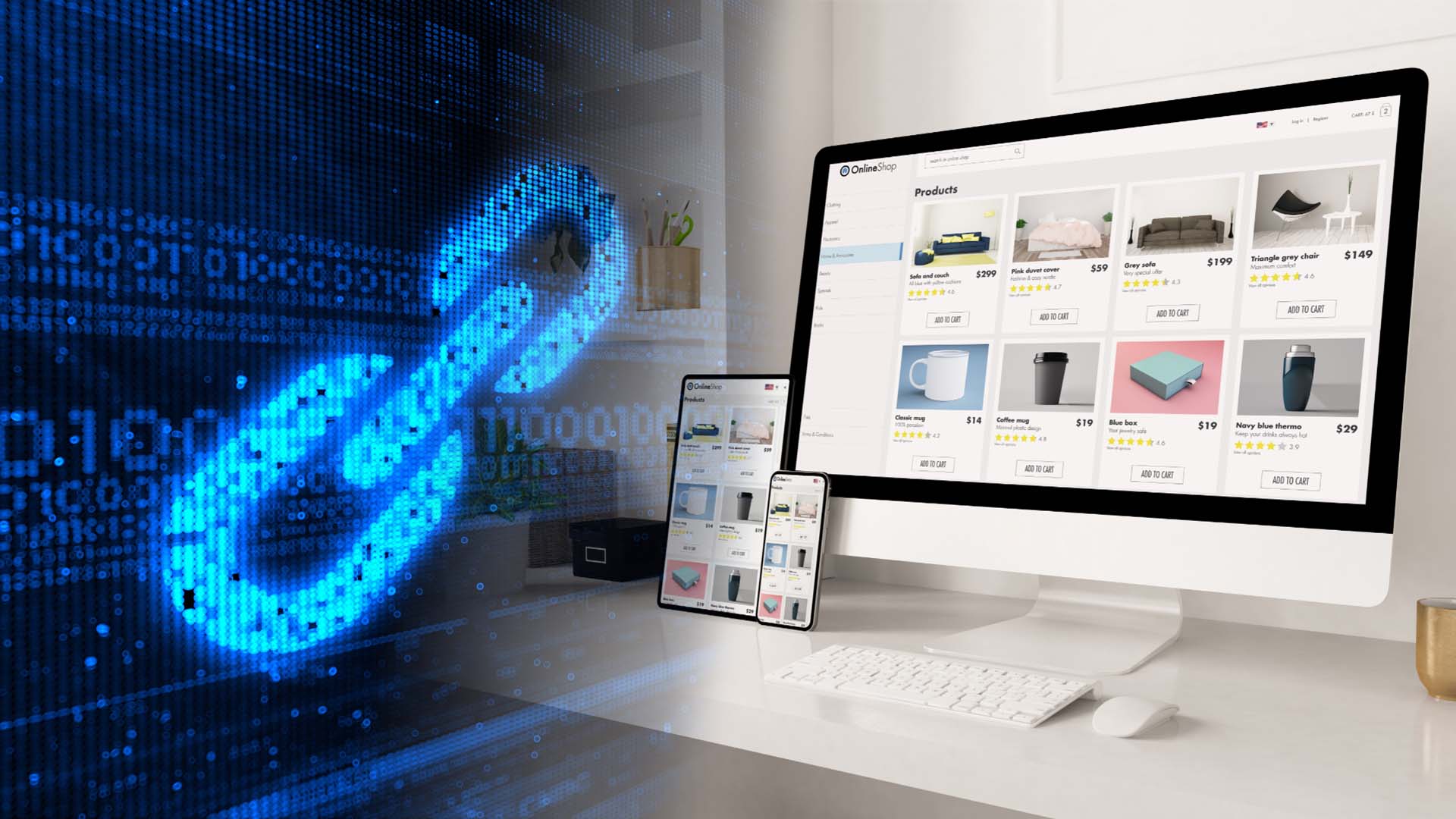
Table of Contents
Are you struggling to get your Shopify store noticed? You’re not alone. Many store owners find it hard to stand out in the crowded online market. But there’s a solution: Shopify link building.
Link building is key for boosting your store’s authority. In fact, 85% of SEO experts say it greatly impacts brand power. This post will show you how to build strong links for your Shopify store.
You’ll learn easy ways to improve your SEO and get more customers. Ready to grow your business?
Key Takeaways
- Link building boosts Shopify store authority and SEO. 85% of SEO experts say it greatly impacts brand power.
- Quality backlinks act like votes of trust. Top Google results have 3.8 times more backlinks than lower spots.
- Guest blogging, product reviews, and influencer partnerships are key link-building tactics. 64.9% of website owners use guest blogging.
- Tools like HARO connect store owners with journalists for expert quotes and backlinks from trusted sources.
- Create high-quality content, use internal linking, and offer free resources to attract natural backlinks to your Shopify store.
What is Link Building for Shopify Stores?
Link building for Shopify stores means getting other websites to link to your online shop. These links, called backlinks, help your store show up higher in Google searches. Good backlinks come from trusted sites and point to your products, blog posts, or homepage.
They act like votes of confidence for your store.
Quality backlinks are the currency of the digital world.
Shopify owners use different ways to get backlinks. They might write guest posts for other blogs, ask for product reviews, or team up with influencers. The goal is to boost your store’s authority and bring in more shoppers.
Link building takes time, but it’s key for growing your Shopify business online.
Why Link Building is Essential for Shopify SEO
Link building boosts Shopify SEO in big ways. Google sees links as votes of trust. More quality links mean higher rankings. Top Google results have 3.8 times more backlinks than lower spots.
This matters for Shopify stores. Better rankings bring more traffic and sales.
Quality links do more than just improve rankings. They build brand authority too. 85% of SEO pros say link-building greatly impacts authority. For Shopify stores, this means more trust from customers.
Trusted stores often see higher conversion rates. Plus, good links can bring direct traffic from other sites. This extra exposure helps grow your customer base.
Types of Backlinks for Shopify Stores
Shopify stores can get different types of backlinks to boost their online presence. Want to know more? Keep reading!
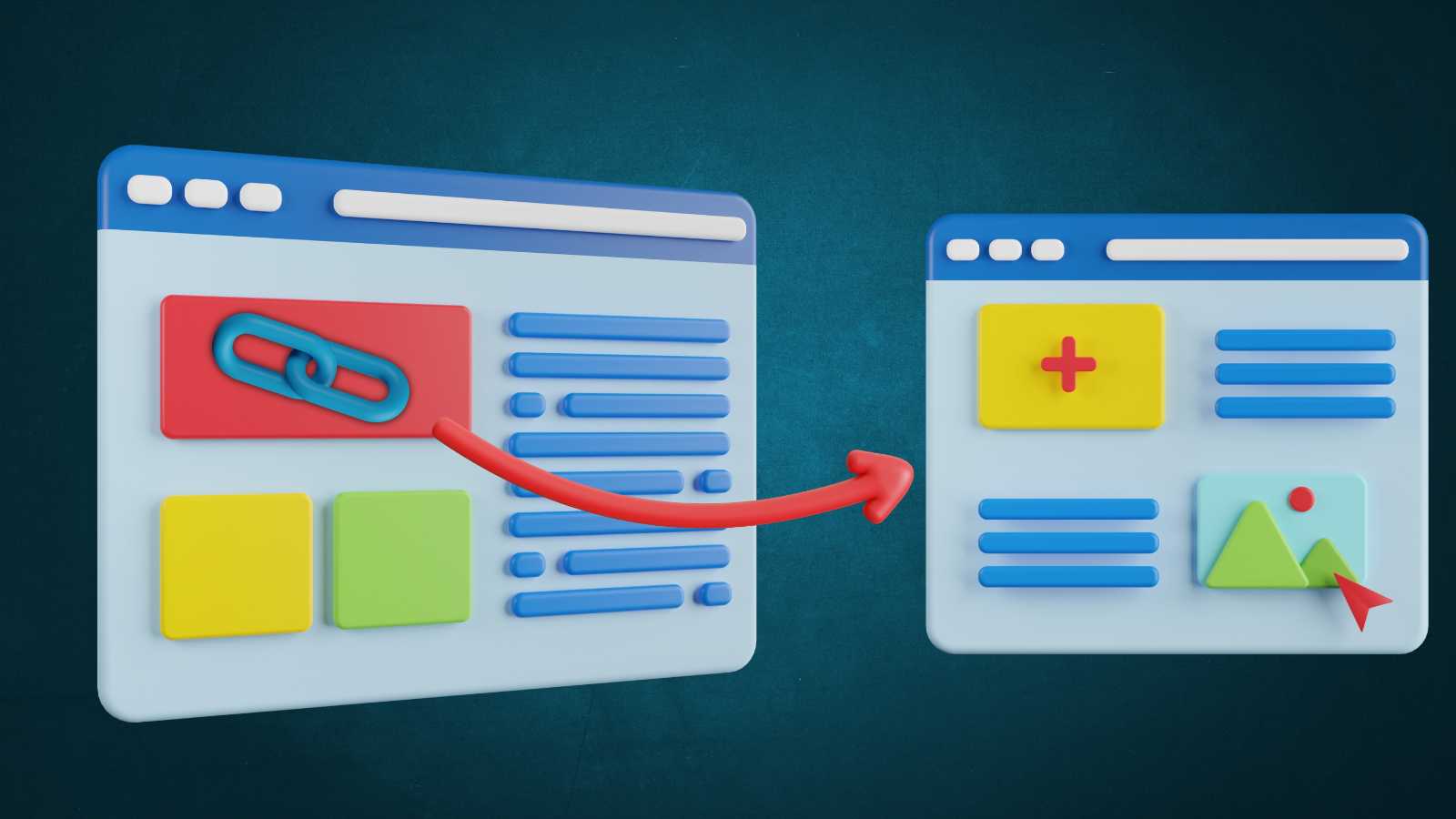
Guest Post Backlinks
Guest post backlinks pack a punch for Shopify stores. These links come from articles you write for other blogs in your niche. They boost your store’s authority and visibility in search results.
A whopping 64.9% of website owners use guest blogging to build links.
Guest blogging opens doors to new audiences and supercharges your SEO.
You’ll get two types of backlinks from guest posts. Contextual links appear within your article content. Author bio links show up in your byline at the end. Both help drive traffic and improve your store’s search rankings.
Product Review Backlinks
Product reviews boost your Shopify store’s credibility. Bloggers and influencers test your items and share their thoughts online. Their honest feedback helps potential customers trust your products.
These reviews often include links back to your store. This creates valuable backlinks that improve your search rankings.
To get product review backlinks, reach out to relevant bloggers in your niche. Offer free samples in exchange for honest reviews. Make sure reviewers disclose any free products they received.
This keeps things ethical and builds trust with readers. Good reviews with backlinks can drive traffic and sales to your Shopify store.
Influencer Collaboration Backlinks
Moving from product reviews, let’s explore influencer partnerships. Influencers can boost your Shopify store’s reach and credibility. They create content that links back to your site, giving you high-quality backlinks.
These links come from trusted sources, which search engines value. Plus, influencers’ followers trust their recommendations. This trust can lead to more sales for your store. Aim to work with influencers who match your brand and target audience.
Their endorsements can provide powerful, contextual backlinks that improve your SEO efforts.
Boost Your Shopify Store's Authority With Strategic Link Building
We help Shopify Stores like yours grow with proven SEO strategies.
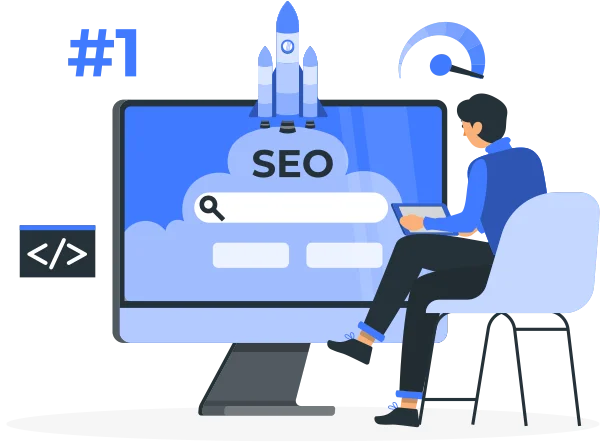
Top Strategies to Build High-Quality Backlinks
Building high-quality backlinks is key to boosting your Shopify store’s authority. Here are some top ways to get great links to your site.
Guest Blogging on Relevant Websites

Guest blogging on relevant websites boosts your Shopify store’s authority. Find sites in your niche and pitch unique content ideas. Include links to your store in the post body or author bio.
This tactic works well – 64.9% of website owners use it for link building. Focus on quality over quantity. Craft valuable posts that readers will enjoy and share.
Pick sites with engaged audiences and good domain authority. Offer fresh insights or data your target customers will find useful. Don’t just promote your products. Share expert tips related to your niche.
This builds trust and gets more clicks back to your store. Over time, you’ll gain exposure and improve your search rankings.
Leveraging Digital PR Campaigns

Digital PR campaigns boost your Shopify store’s visibility. They help you get high-quality backlinks from trusted sources. These campaigns can land you media coverage and expert mentions.
This builds your brand’s authority and reach.
HARO (Help a Reporter Out) is a great digital PR tool. It connects you with journalists looking for expert sources. By sharing your knowledge, you can earn valuable backlinks. These links from reputable media outlets can significantly improve your store’s SEO.
Collaborating with Influencers for Product Reviews

Influencers can boost your Shopify store’s authority. They create product reviews that link back to your site. These reviews are high-quality backlinks. They help your store rank higher in search results.
Influencers also bring their followers to your store. This increases traffic and sales.
Product reviews from influencers offer more than just links. They provide social proof for your products. Shoppers trust what influencers say. This can lead to more sales for your store.
Good reviews can also help you get featured in HARO queries. This opens up more link-building chances. Next, let’s look at how to spot and replace broken links for even more backlink opportunities.
Spotting and Replacing Broken Links

Broken links hurt your Shopify store’s SEO. These dead links lead to “404 Not Found” errors. Smart store owners can turn this problem into a chance. They find broken links on other sites and offer their content as a fix.
This boosts their backlink profile.
Tools like SEMrush’s Backlink Analytics help find these broken link chances. For example, a graphic design shop could replace dead links on marketing blogs. They’d offer links to their own services instead.
This smart move builds authority and brings more eyes to their store.
Utilizing HARO for Credible Backlinks
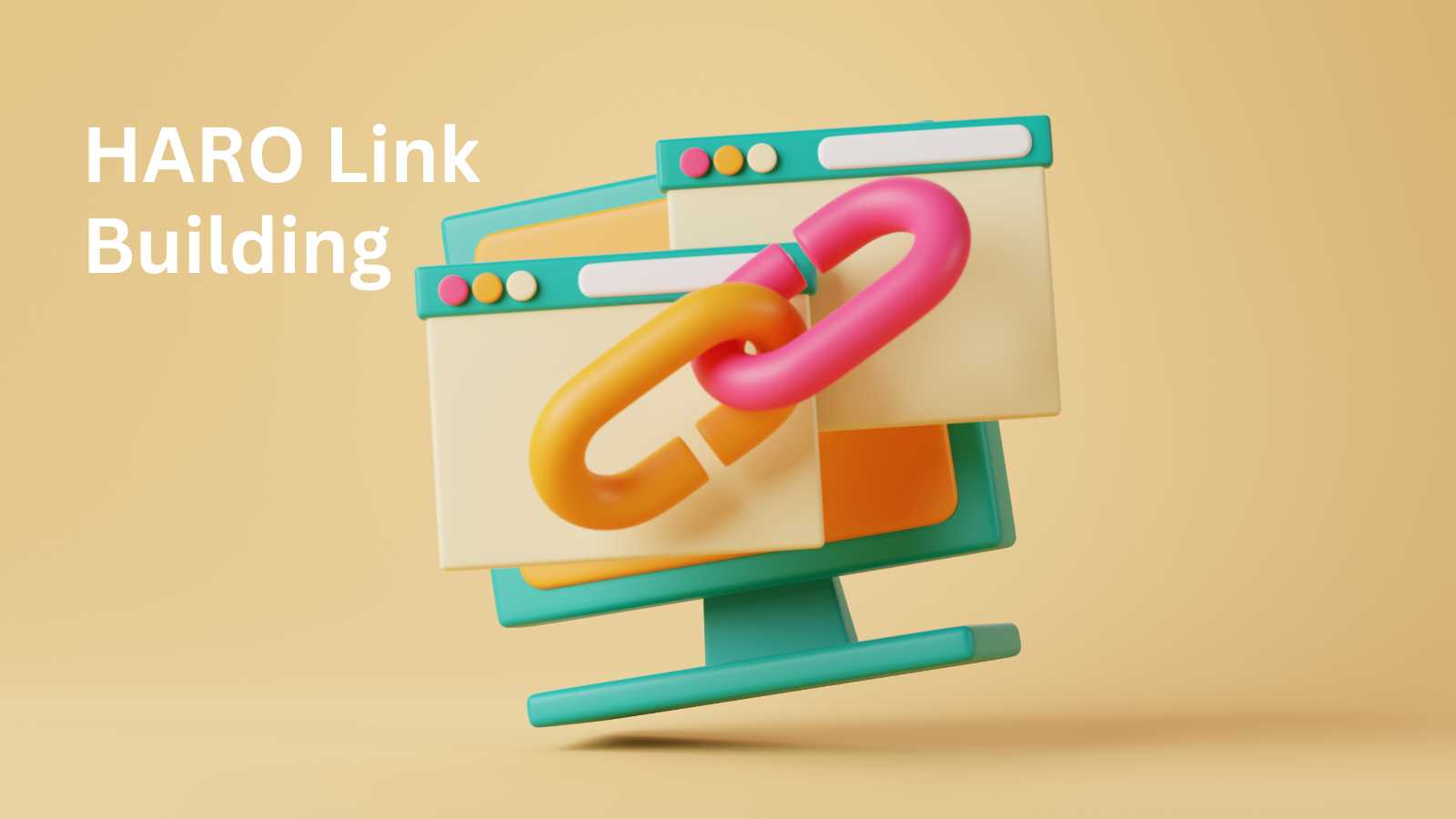
HARO links Shopify stores to top news outlets. It’s a free tool that connects you with reporters looking for expert quotes. You can get high-quality backlinks by sharing your knowledge.
Just sign up, watch for relevant queries, and respond fast with unique insights. HARO offers a chance to build authority and boost your store’s SEO.
To use HARO well, be quick and stand out. Give reporters fresh data or real-life examples from your store. If they use your input, you’ll get a backlink from a trusted site. This can lift your Shopify store’s ranking on Google and bring in more shoppers.
HARO takes time, but the payoff in credibility and traffic is worth it.
How to Optimize Your Shopify Store for Link Building Success
Link building success starts with your own Shopify store. Make your site a magnet for links by creating top-notch content and using smart internal linking.
Creating High-Quality Content
Quality content is the key to attracting backlinks. Blog posts, guides, and videos can draw organic links to your Shopify store. Focus on creating valuable resources that other sites want to share.
This boosts your authority and helps you rank higher in search results.
Make your content stand out with unique insights and data. Use eye-catching visuals like infographics to increase shareability. Aim for in-depth pieces that answer common questions in your niche.
The more useful your content, the more likely others will link to it as a trusted source.
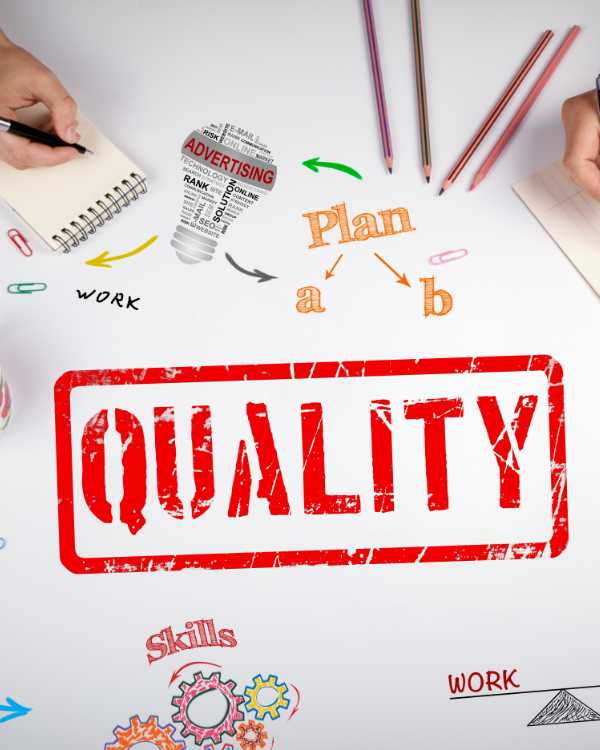
Using Internal Linking Effectively
Internal links boost your Shopify store’s SEO power. They connect pages within your site, helping customers and search engines find stuff. Smart internal linking spreads link juice across your store.
This lifts your overall rankings.
Use descriptive anchor text for internal links. Place them in your product descriptions, blog posts, and category pages. Link related products to each other. This keeps shoppers on your site longer.
It also shows search engines how your content fits together. Aim for 3-5 internal links per page. But don’t overdo it – too many links look spammy.

Sharing Free Offers or Resources
Moving from internal links, let’s talk about sharing freebies. Free stuff can boost your Shopify store’s appeal. Offer downloadable guides or tools related to your products. These freebies can attract links from other sites and industry experts.
They also make your store more visible in your market.
Free offers do more than just get links. They show you know your stuff. Create useful resources that solve problems for your customers. This builds trust and authority. Plus, it gives other sites a reason to link to you.
It’s a win-win for your store and your SEO efforts.
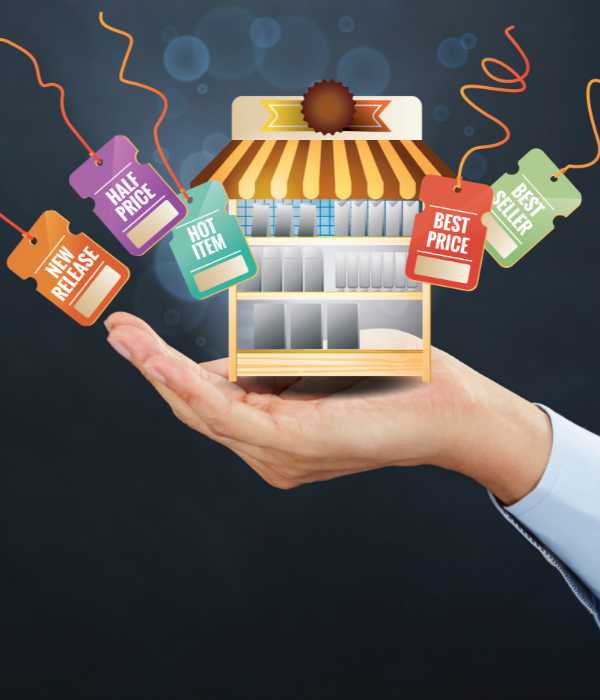
Unlock Your Shopify Store Potential
We will use our digital marketing experience to increase the traffic and users to your Shopify product pages.
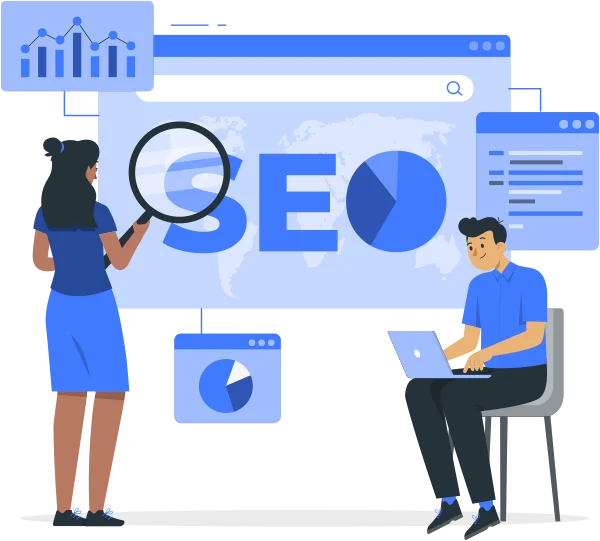
Conclusion
Link building boosts Shopify stores’ authority and visibility. It’s key for SEO success.
Dr. Sarah Chen, a digital marketing expert with 15 years of experience, shares her thoughts:.
“Strategic link building is vital for Shopify stores. It improves search rankings and drives traffic. Quality backlinks act as votes of confidence for your site.
Shopify’s built-in features support link building efforts. But store owners must create valuable content to earn links naturally. Guest posting and influencer partnerships are effective tactics.
Safety and ethics are crucial in link building. Avoid black hat techniques that violate search engine guidelines. Focus on creating genuine value for users and partners.
To start, identify 3-5 relevant industry blogs for guest posting. Reach out with personalized pitches offering unique insights. Create shareable infographics or tools to attract natural links.
Link building has clear benefits but requires time and effort. It’s more sustainable than paid ads for long-term growth. However, results aren’t immediate and strategies need constant refinement.
Overall, strategic link building is essential for Shopify success. When done right, it builds authority, drives targeted traffic, and boosts sales. Start small, focus on quality, and scale up gradually.
FAQs
Why are backlinks important for my Shopify store?
Backlinks boost your store’s authority. They help search engines find you. More backlinks mean better rankings. This leads to more traffic and sales.
How can I build backlinks to my Shopify site?
Create great content. Reach out to other sites. Guest post on blogs. Use social media. Try broken link building. Join online communities. Each method adds value.
What's internal link building, and why does it matter?
Internal links connect your store’s pages. They help customers and search engines. Good internal linking boosts SEO. It keeps people on your site longer.
Are all backlinks good for my Shopify store?
No. Quality beats quantity. Seek links from trusted sites. Avoid link farms and spam. Focus on relevant, authoritative sources. This builds real authority.
How can I check my Shopify store's current backlinks?
Use tools like Ahrefs or SEMrush. Google Search Console helps too. These show who links to you. They reveal your link profile’s strengths and weaknesses.
Can I buy backlinks for my Shopify store?
Don’t. Buying links can hurt your site. It’s against Google’s rules. Instead, earn links naturally. Create value. Build relationships. This takes time but works better.